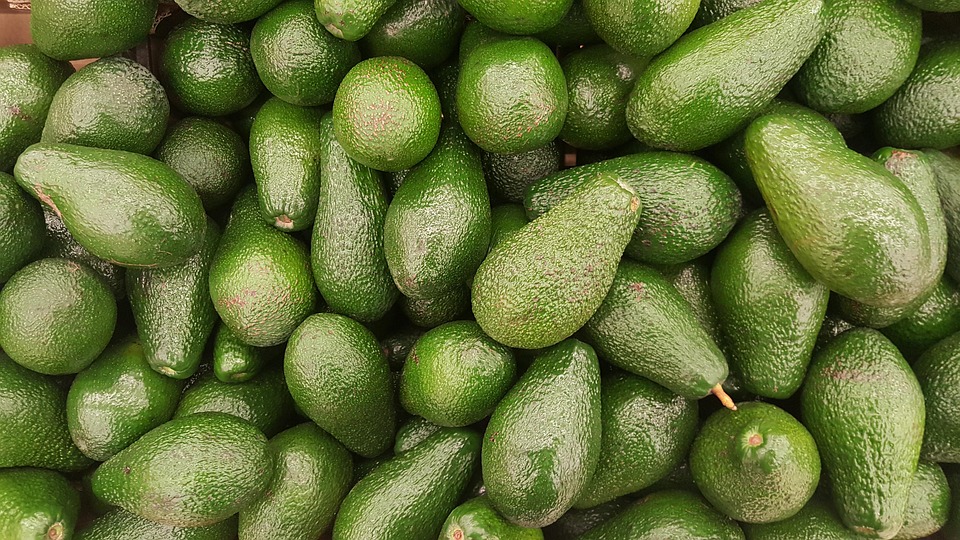Vegetarianism, the practice of abstaining from the consumption of meat, has roots that trace back thousands of years across various cultures and religions. This dietary choice transcends mere nutrition, intertwining with ethical beliefs, environmental consciousness, and spiritual practices. The history and culture of vegetarianism are as diverse as the world itself, reflecting a tapestry of humanity’s evolving relationship with food.
Ancient Beginnings
India: Spiritual and Philosophical Roots
One of the earliest records of vegetarianism comes from ancient India, where the practice is closely tied to religious and philosophical beliefs. Hindu texts, such as the Vedas and the Upanishads, advocate non-violence (ahimsa) and compassion towards all living beings. The concept of karma, implying that actions have consequences, fostered a spiritual rationale for abstaining from meat.
Buddhism, which arose in India in the 5th century BCE, further promoted vegetarianism as a path to enlightenment, advocating non-violence and the respect for all forms of life. Today, vegetarianism persists in various forms across Indian cultures, with communal practices and local vegetarian cuisines creating rich regional diversity.
Ancient Greece and Rome: Philosophical Enquiry
In the Western world, the roots of vegetarianism can be traced to ancient Greece. Philosophers such as Pythagoras (c. 570–495 BCE) preached vegetarianism as an ethical lifestyle choice. He believed in the transmigration of souls, which led him to advocate for the protection of animals. The term "Pythagorean diet" became synonymous with a vegetarian lifestyle.
Similarly, some Roman thinkers, including Plutarch and Seneca, argued for vegetarianism based on ethical considerations and the belief in the inherent value of life. They raised questions about the morality of eating meat, sowing seeds of thought that would resonate through the ages.
Religious Influences Worldwide
Jainism: The Strictest Adherent
Jainism, another ancient Indian religion, is arguably the most stringent of the vegetarian faiths. Jains adhere to a strict non-violent philosophy that extends to their diet—vegetarianism is a non-negotiable practice. The Jains’ commitment to ahimsa is reflected in their culinary traditions, which emphasize vegetables, grains, and pulses, free from root vegetables to avoid harming the plant.
Sikhism: A Balanced Approach
Sikhism, originating in the Punjab region of India in the 15th century, promotes vegetarianism primarily for its ethical implications—its teachings encourage compassion, equality, and community. In Gurdwaras (Sikh temples), the practice of “langar” offers free meals, predominantly vegetarian, to all visitors, regardless of their background. This practice not only nourishes the body but also builds social bonds.
Christianity and Islam: Evolving Perspectives
In Christianity, early Church teachings varied widely. Some early Christians, like the Essenes and later figures such as St. Francis of Assisi, upheld vegetarianism as a means of living a humble and compassionate life. However, with the rise of diverse interpretations of scripture over the centuries, meat consumption became more prevalent, although vegetarianism remains practiced among certain sects and groups today.
Islam, while primarily permitting meat consumption, encourages humane treatment of animals and ethical slaughter practices. Various Islamic scholars advocate vegetarianism based on ethical principles, reflecting a growing interest in plant-based diets within the Muslim community.
Modern Trends and Movements
The 19th and 20th Centuries: Health and Activism
The 19th century saw a revival of vegetarianism in Europe and North America, aligning with the rise of various reform movements focused on health and animal rights. The establishment of organizations such as the Vegetarian Society in 1847 in England marked the formal emergence of vegetarianism as a movement.
The 20th century witnessed the growth of health food trends and the organic movement. The burgeoning environmental movement has also reinforced vegetarianism as a lifestyle choice that can mitigate climate change and reduce one’s carbon footprint. In recent decades, trends such as veganism—the exclusion of all animal products—have gained momentum, driven by ethical, environmental, and health considerations.
Globalization and Cultural Exchange
Today, vegetarianism is increasingly embraced worldwide, facilitated by globalization and cross-cultural exchanges. Various cuisines—the Mediterranean, Middle Eastern, and Asian—offer diverse vegetarian options, making it accessible and appealing to a broader audience. Celebrity endorsements, documentaries on food systems, and social media platforms have further popularized plant-based living.
Conclusion: A Rich Tapestry of Tradition
Vegetarianism is more than just a dietary choice; it is a reflection of deep-seated ethical beliefs, cultural heritage, and evolving societal norms. From ancient civilizations to modern movements, the practice of abstaining from meat continues to thrive, underscoring the interconnections between food, culture, and ideology. As we move further into the 21st century, this age-old practice remains relevant, serving as a reminder of humanity’s enduring quest for compassion, health, and sustainability.


